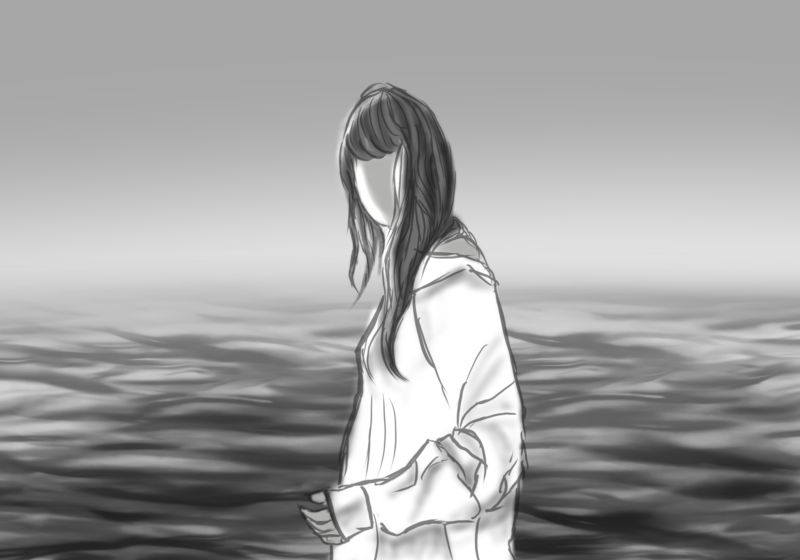Stalkers, rejoice. This is our time. With the sudden intense popularity of online friend networks, such as TheFacebook, Friendster, RochesterFacebook and MySpace, we have the ability to read about the lives of friends, strangers and lovers without them ever knowing it. What’s it all about? That’s a good question with a pretty lame answer. All of these sites revolve around the same basic idea. You sign up for free and post a profile that includes basic info, interests and a picture. From there, you look around and start amassing “friends.” On TheFacebook’s home page, they say that you can use TheFacebook to “search for people at your school, find out who is in your classes, look up your friends’ friends and see a visualization of your social network.” On Friendster, they say that you can “find old friends, meet people with similar interests, discover new interests through your friends, date or help a friend date and make plans with friends and friends of friends.” So what? Exactly. I’ll be the first to admit that there isn’t really a point to it. Yes, you can meet people for dating purposes and reconnect with old friends, but I would venture a bet that most students on these networks aren’t really doing much dating or reconnecting. I know, it sounds pointless. And perhaps it is, but anyone who is on these networks can agree that it’s unbelievably addictive. The two most popular networks are undoubtedly TheFacebook and Friendster. RochesterFacebook is almost defunct, and MySpace is like Friendster’s less cool little brother. TheFacebook is restricted to college students who attend one of the 160 or so schools that are supported on the network. On TheFacebook, you have access to view all of the profiles of UR students, but must be “friends” with someone from another school in order to view their profile. Friendster is open to anyone over the age of 18, although it seems to be most popular with the 21-30-year-old crowd. It is more of a dating network than TheFacebook. It can be used to find people in your area, or with your common interests. On Friendster you can view anyone’s profile that you want, and you can post up to six pictures. The politics that are involved are unimaginable. Once you join, you’re bound to run across acquaintances you don’t know if you could really call “friends.” Or maybe that girl from high school with whom you were really close at one point, but haven’t spoken to in five years. Can she be added as your friend? Are you at that level with each other? After you decide to add a friend, they actually have to confirm it. But you rarely reject a friend because, come on, we all want to look popular. You also have to confirm that you’re in a relationship with someone – presenting an embarrassing situation if there has been any miscommunication between you and that girl or guy you’ve been hooking up with. Ouch. Awkward. These networks allow for you to see how small the world is. Who knew that your old camp buddy is friends with that chick you made out with on spring break last year? You can search the profiles of friends of friends of friends until your eyes bleed. It’s a strange thought that I can see people around campus who I’ve never met, but know their AOL Instant Messenger screenname, interests, relationship status, favorite movies and political views – all because I saw their profile on TheFacebook. It’s actually a little creepy. Although their purposes aren’t evident, and most people can’t really pinpoint why they like them, these networks are getting bigger every day. Most people our age who I know are on at least one, if not several. So, if you haven’t yet, jump on the bandwagon and log on, with the uncomfortable insecurity that strangers now know intimate details about you. Ah, technology. Mittleman can be reached at dmittleman@campustimes.org.
Album Review
Taylor Swift’s “The Tortured Poets Department” shows the megastar in decline
For fans of: Midnights by Taylor Swift I want to preface this review by saying that I don’t consider myself…
criticism
Israel Week promotes nationalism within our Jewish life on campus
The purpose and effect of hosting an “Israel Week” is to distract from and distort the historical and contemporary realities of Israeli occupation and apartheid.
Facilities
Campus roadways getting a fresh coat of paint
Campus roadways will be getting new paint stripes — including all double yellow, cross walks, stop lettering, and parallel parking…




